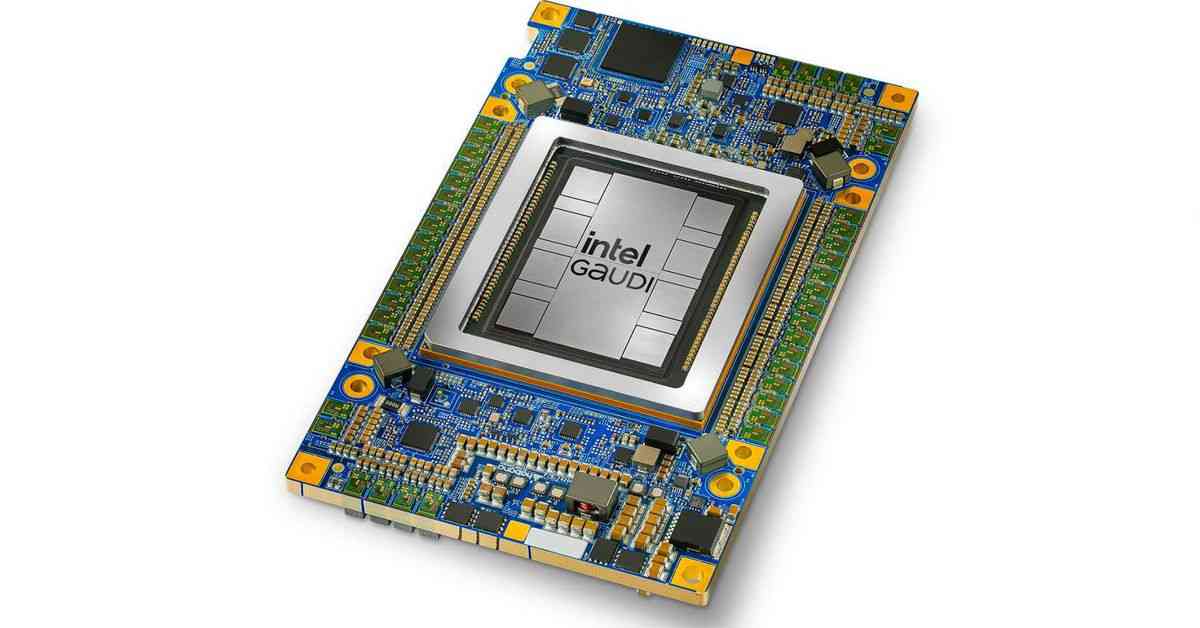Intel’s attempt to compete with the likes of Nvidia and AMD in the AI chip market has fallen short of expectations. While Nvidia and AMD have seen significant success and growth in this space, Intel’s Gaudi AI accelerator has failed to meet its revenue target of $500 million for the year. CEO Pat Gelsinger acknowledged this shortfall during the company’s recent earnings call, attributing it to slower-than-anticipated adoption rates and challenges with transitioning from Gaudi 2 to Gaudi 3.
Despite this setback, Gelsinger remains optimistic about the potential for Gaudi and the broader AI market. He pointed out the need for solutions that offer superior total cost of ownership based on open standards, emphasizing Intel’s commitment to enhancing the value proposition of the Gaudi accelerator. Gelsinger also highlighted the importance of incorporating AI into a wider range of devices beyond just cloud-based systems, suggesting that this approach could be more impactful in the long run.
In addition to discussing the performance of the Gaudi accelerator, Intel reported its quarterly earnings, revealing a 6% year-over-year decline in revenue but an improvement compared to the previous quarter. The company also incurred significant losses of $16.6 billion, largely stemming from impairments and restructuring charges related to its efforts to streamline operations and drive profitability. Intel has embarked on a $10 billion cost reduction plan and announced over 15,000 job cuts, along with internal restructuring to optimize its focus on key markets such as client computing, edge computing, and data centers.
As part of its strategic realignment, Intel is consolidating its edge computing business into the Client Computing Group and integrating its software teams more closely with its core business units. Gelsinger emphasized the company’s commitment to maximizing the value of its x86 franchise across various market segments, streamlining its project portfolio to prioritize initiatives that align with its long-term growth objectives.
While Intel may have fallen short of its revenue target for the Gaudi AI accelerator, the company is taking proactive steps to position itself for success in the evolving AI chip landscape. By refining its product offerings, optimizing its operational structure, and focusing on key growth areas, Intel aims to regain momentum and capitalize on the expanding opportunities in the AI market.

